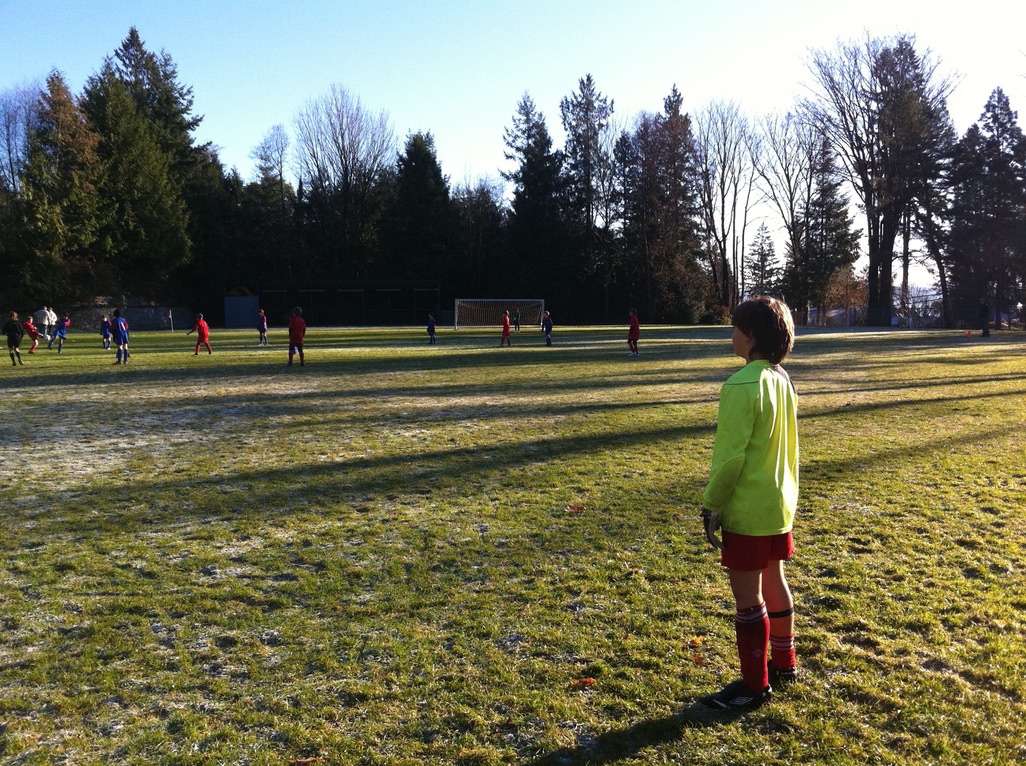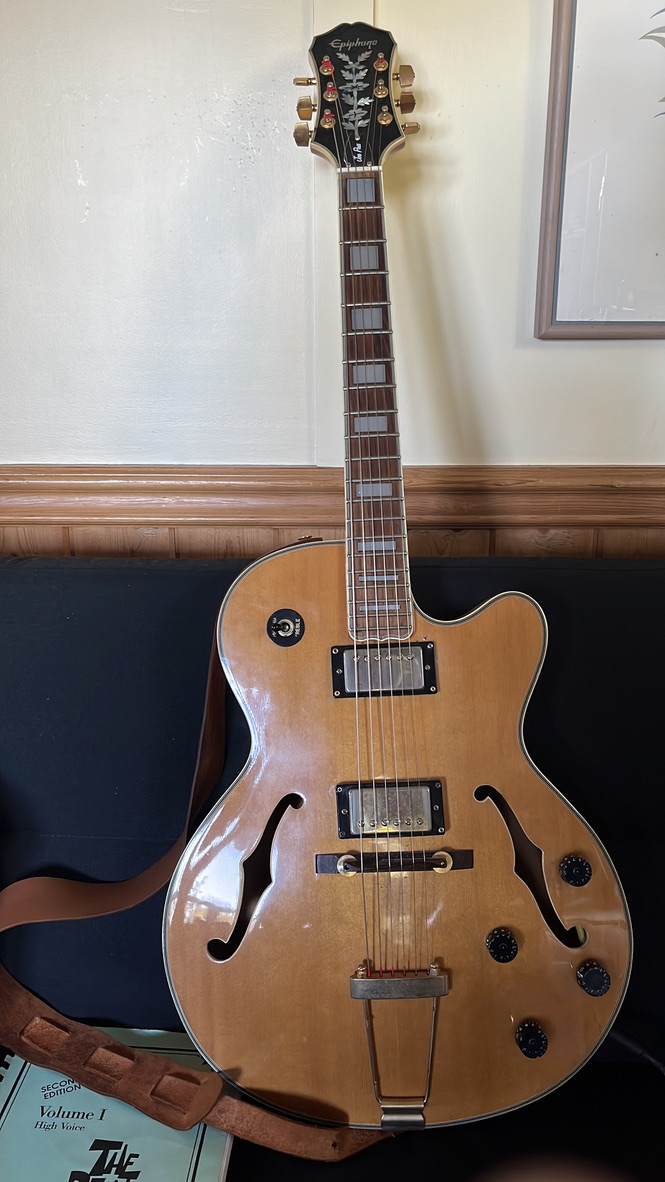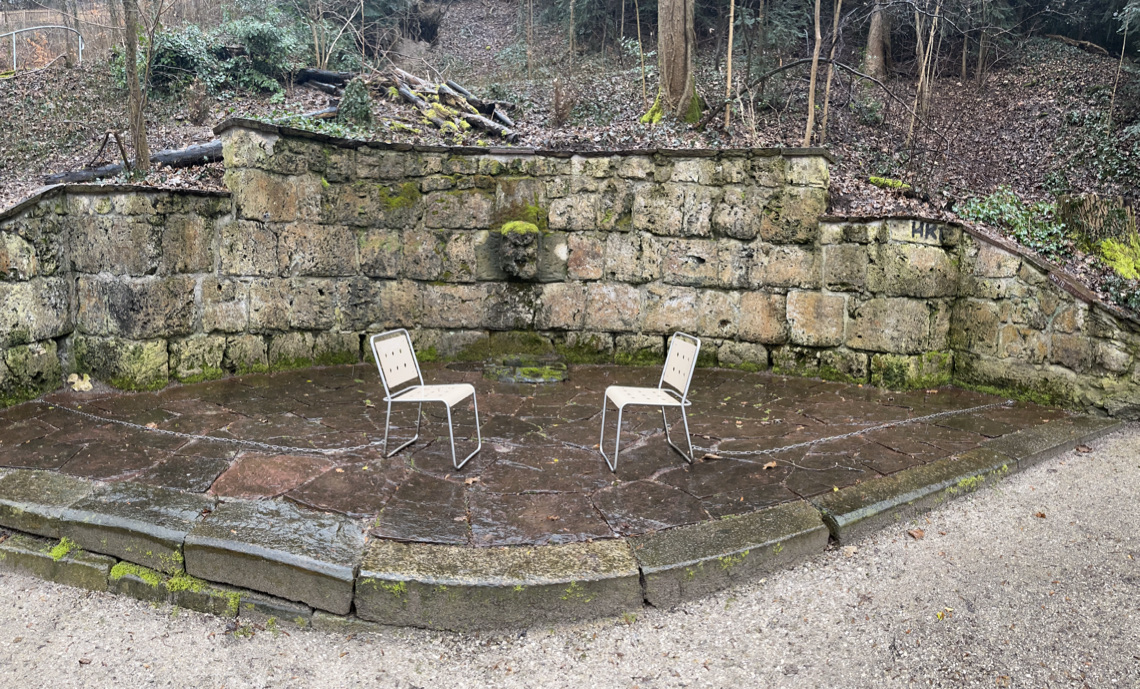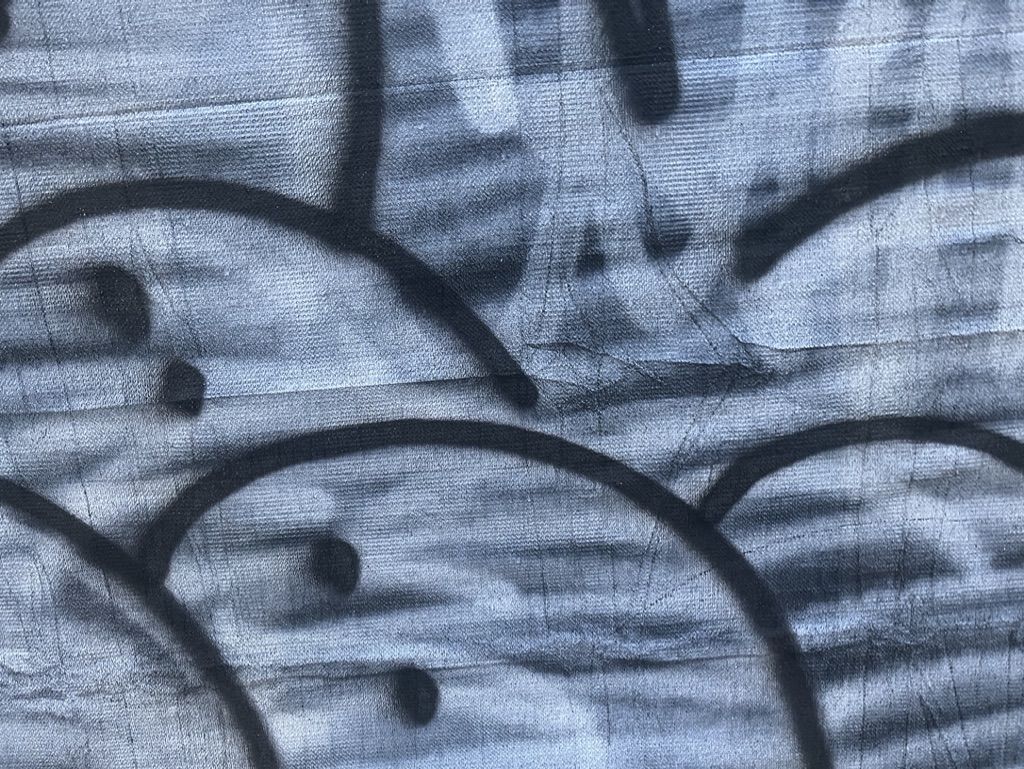
From a lovely video post from Johnnie Moore: “ Sometimes giving instructions, offering advice and explanations or information may not be the best way to help people to progress and grow. And that sometimes what’s needed is a spirit of playful experimentation and a sense of companionship. When I coached kids at football, I was the third coach on our team. I am not a great player, so I couldn’t teach the kids deep strategy and techniques. But I was able to help them understand how they were learning the game. We had rotating subs, so when kids came off …

I asked DALL-E to make this image, because I can’t find the great photo i took of streams converging on a beach. This is one of the things I love about my daily RSS feed. The first thing I see today on my NetNewsReaders list is this blog post from my fiend Mark McKergow in Edinburgh who shares his framework of time, which he has articulated in the Uers Guide to the Future. I like this conception of time, because of the big hole in the which he calls “Ant Country”. Ant Country is that time when the context you …

My Epiphone Emperor Joe Pass guitar upon which I am learning…leadership? Read on! It’s a cliche as old as time, one I have been guilty of using occasionally too. Leadership is like jazz, where the members of an ensemble support each other in improvisation. We listen carefully, respond to what each other is doing, offer creative responses and make something amazing together. Yes. Leadership is way more about improvisation than, say, following a step to step guide to assembling IKEA furniture. But there is another set of metaphors from jazz that I have never seen talked about, perhaps because it …

A piece of public art in Berne, Switzerland. Two chairs facing each other in dialogue, but chained to the walls behind them so they can never meet. At the conclusion of Alicia Juarrero’s new book “Context Changes Everything” she writes: “Neither puppets nor absolute sovereigns, human beings and the material and social forms of life they induce are true co-creators of their natural and social worlds. We serve as stewards of the metastability, coherence, and evolvability of both of these worlds. Matter matters. History matters. Social and economic policy matters. Most critically, however, because top- down causality as constraint makes …

Back in the late 1990s, when Toke Møller and Monica Nissen were mentoring a group of Kaos Pilot students, they went to visit Dee Hock in California to learn about his ideas of the chaordic organization and the chaordic lenses that help organizations stay focused on a minimal necessary structure that allows for coherence and emergence. It was a useful contribution to the budding set of participatory leadership practices that were emerging amongst the early Art of Hosting developers. After that, Dee Hock’s chaordic lenses got expanded a little and became the “Chaordic Stepping Stones” which we have developed further …

